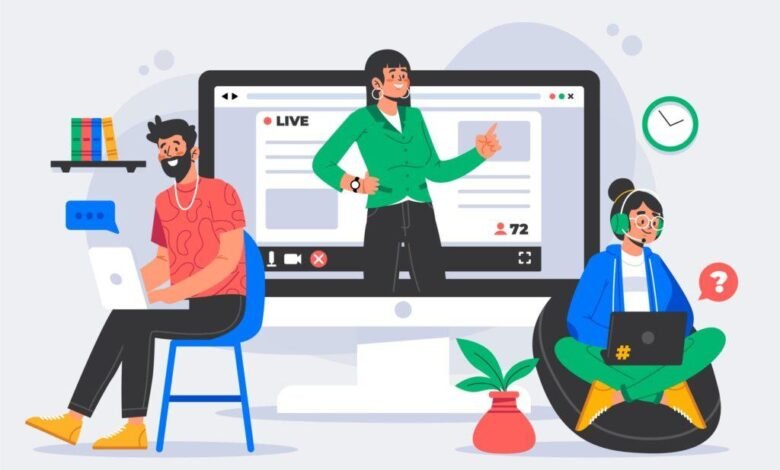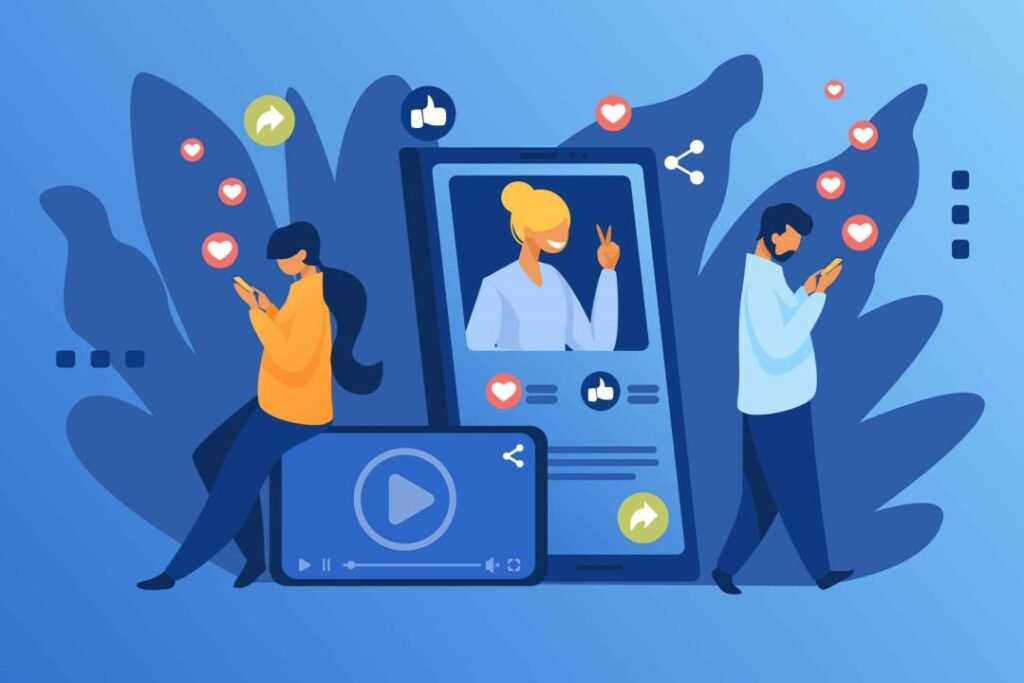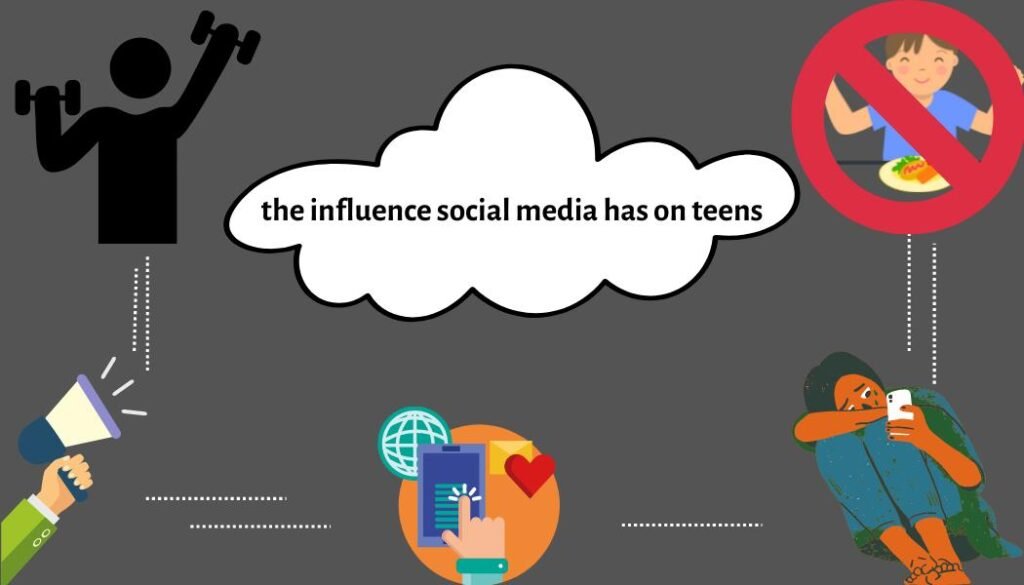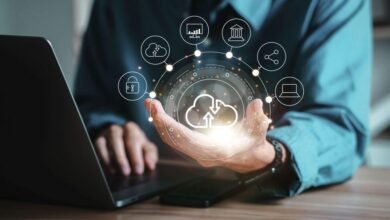Impact of Social Media on Students: Effects and Influence

In today’s digital-first world, social media plays a central role in shaping the lifestyle, mindset, and daily behavior of students across the globe. From connecting with friends and accessing educational resources to following influencers and trends, platforms like Instagram, TikTok, and YouTube have become part of the everyday student experience. While the interactive nature of social media offers creative outlets and global awareness, it also poses concerns regarding academic focus, emotional stability, and self-image. The dual-edged influence of these platforms makes it essential to assess their real impact on student lives.
It will take a closer look at how social platforms influence academic performance, emotional well-being, communication skills, and personal time management. With rising screen time and dependency on digital interaction, it becomes crucial to navigate this virtual world with a balance that supports education and development. By recognizing patterns and consequences, students, parents, and educators can together promote smarter, purpose-driven use of social media.
Social Media Usage and Its Impact on Students

Social media usage among students has a profound impact, influencing their academic performance, mental health, and social interactions. While it offers educational resources and networking opportunities, excessive use can lead to distractions, sleep disturbances, and anxiety. Balancing social media engagement with academic responsibilities is crucial for students’ success and well-being. Understanding both the positive and negative effects can help students use social media more effectively.
| Type of Social Media | Positive Impact | Negative Impact |
| Encourages networking, communication with peers, and educational groups | Can be distracting, reduces face-to-face interactions | |
| Promotes creativity through photos, videos | Can increase social comparison and body image issues | |
| Ideal for information sharing and staying updated | Often leads to overstimulation and anxiety due to constant news updates | |
| TikTok | Promotes creative expression, viral educational content | Time-consuming, sometimes detracts from academic focus |
| YouTube | Vast learning resource, educational channels | Can lead to procrastination and unhealthy viewing habits |
The Benefits of Social Media for Students

Social media offers several significant advantages to students, providing both academic and social benefits. When used responsibly, these platforms can enhance learning, create networking opportunities.
Educational Resources and Learning Opportunities
Social media platforms like YouTube, LinkedIn, and Twitter are hubs of educational content. Students can access video tutorials, online courses, and discussions on nearly every topic imaginable. Many prominent educators and professionals share knowledge freely on these platforms, making it easier for students to broaden their knowledge outside of traditional classrooms.
Networking and Building Relationships
LinkedIn, for example, allows students to build a professional network that can help find internships or job opportunities after graduation. Moreover, joining groups on Facebook or Reddit related to academic subjects or career interests can provide students with access to a wealth of resources and advice from like-minded individuals.
Enhanced Communication Skills
Participating in discussions on social media platforms improves students’ communication skills. By sharing their ideas and engaging in debates on various issues, students develop better writing and argumentative skills. Moreover, these platforms expose them to diverse opinions, fostering an understanding of different perspectives.
Social Media Usage in Education
Social media usage in education provides students with valuable learning resources, networking opportunities, and access to educational communities. Platforms like YouTube, LinkedIn, and Twitter offer a wealth of knowledge through tutorials, professional connections, and discussions. When used strategically, social media enhances student engagement and broadens academic perspectives. However, students need to manage their usage to avoid distractions and maintain focus on their studies.
| Social Media Platform | Common Educational Use |
| YouTube | Video tutorials, lectures, educational channels |
| News updates, academic discussions, hashtags for research | |
| Professional networking, job search, career advice | |
| Study groups, subject-related discussions, crowdsourced information | |
| University groups, educational communities, and event notifications |
The Negative Effects of Social Media on Students
While social media can offer numerous benefits, its overuse or misuse can lead to negative consequences for students. Many of these issues are related to the way students interact with these platforms, often spending excessive time scrolling or engaging in unproductive behaviors.
Impact on Academic Performance
Excessive social media use can negatively affect students’ academic performance. Spending too much time on social platforms leaves students with less time for studying or completing assignments. Moreover, students may often check their social media accounts during study sessions, leading to frequent distractions that reduce productivity. This habit can lead to poor academic outcomes, missed deadlines, and lower grades.
Mental Health Issues
Research has shown that prolonged social media use is linked to various mental health issues such as anxiety, depression, and loneliness. Students, especially young adults, are particularly vulnerable to the negative impact of social media. Constant comparisons to others’ curated posts can lead to a sense of inadequacy or a distorted self-image. Cyberbullying is another significant concern, as students may experience harassment or exclusion online, which can affect their mental well-being.
Social Skills and Face-to-Face Communication
Social media can impair students’ ability to communicate effectively in person. Relying on online interactions can lead to reduced face-to-face communication skills, which are essential for both personal relationships and professional success. Moreover, overuse of social media can foster a sense of social isolation as students may prefer interacting with their devices rather than with their peers in the real world.
Sleep Disruptions
Many students tend to use social media late into the night, often leading to sleep deprivation. The blue light emitted by devices interferes with the body’s production of melatonin, the hormone responsible for regulating sleep. Lack of sleep can have detrimental effects on students’ health, concentration, and overall academic performance.
Social Media Addiction and Its Consequences
It occurs when students spend an excessive amount of time on social platforms to the detriment of other important areas of their lives, such as academics, health, and personal relationships. Addiction to social media can lead to a cycle of compulsive use, where students feel the need to constantly check their accounts for new content or notifications. This addiction can interfere with academic work, disrupt sleep patterns, and even create a sense of dependency, which can have long-term consequences on students’ mental health.
Wrapping Up
The impact of social media on students is vast, nuanced, and continually evolving. While it opens up doors for creative expression, global connectivity, and educational innovation, it also brings with it risks like distraction, anxiety, and reduced face-to-face interaction. The line between healthy engagement and overdependence is often thin, requiring active awareness and self-discipline.
To create a positive relationship with social media, students must be guided to use these platforms as tools rather than distractions. Schools, families, and digital communities all play a role in promoting responsible online habits. With balanced use, social media can become a catalyst for growth rather than a hurdle, shaping students not only as learners but also as thoughtful, connected individuals in the modern age.
FAQs
How can social media be used positively by students?
Social media can serve as a valuable educational tool by providing access to online courses, tutorials, and informative videos. Students can join academic groups on Facebook or Reddit, connect with industry professionals on LinkedIn, and follow educational YouTube channels to enhance their learning. Additionally, social media fosters networking opportunities, allowing students to build relationships with peers, educators, and professionals in their fields. By using these platforms responsibly, students can maximize their academic and career prospects.
Does social media affect students’ mental health?
Constant comparison to others’ curated content on platforms like Instagram or Facebook can lead to feelings of inadequacy or low self-esteem. Cyberbullying is also a significant issue, where students may face harassment or exclusion online, affecting their emotional well-being. Moreover, excessive use of social media can contribute to feelings of isolation, anxiety, and depression, especially if it interferes with in-person interactions and real-world relationships.
What are the signs of social media addiction in students?
Signs of social media addiction in students include excessive time spent online, prioritizing social media over academic responsibilities, and a constant need to check notifications or refresh feeds. Students may experience feelings of anxiety or distress when they cannot access social media platforms. Other signs include neglecting personal relationships, sleep disturbances, and a general lack of interest in offline activities.
Can social media improve communication skills in students?
Social media can enhance students’ communication skills. These platforms expose students to diverse perspectives, fostering open-mindedness and critical thinking. Furthermore, participating in group chats or forums helps students develop effective communication strategies, which can be beneficial for both academic and professional growth.
How does social media impact students’ time management?
Social media can have a significant impact on students’ time management, often leading to procrastination and wasted time. Students may spend hours scrolling through their feeds or watching videos, which can interfere with their study time or completion of assignments. Multitasking between social media and academic work can also reduce productivity, as constant distractions make it harder for students to concentrate.
Is social media use linked to academic performance?
Research suggests that excessive social media use can negatively affect students’ academic performance. Time spent on social platforms often replaces time that could be used for studying, leading to missed deadlines and lower grades. Moreover, the constant distractions from social media can make it harder for students to focus during study sessions. On the other hand, when used wisely, social media can offer educational resources that enhance learning and provide networking opportunities that can benefit students academically.
What are the risks of cyberbullying on social media for students?
Cyberbullying is one of the most significant risks of social media for students. Online harassment, exclusion, and hurtful comments can have a profound impact on students’ mental and emotional well-being. Victims of cyberbullying often experience anxiety, depression, and a lack of confidence. Additionally, the anonymity provided by social media platforms can embolden bullies, making it harder to identify and stop harmful behaviors.

